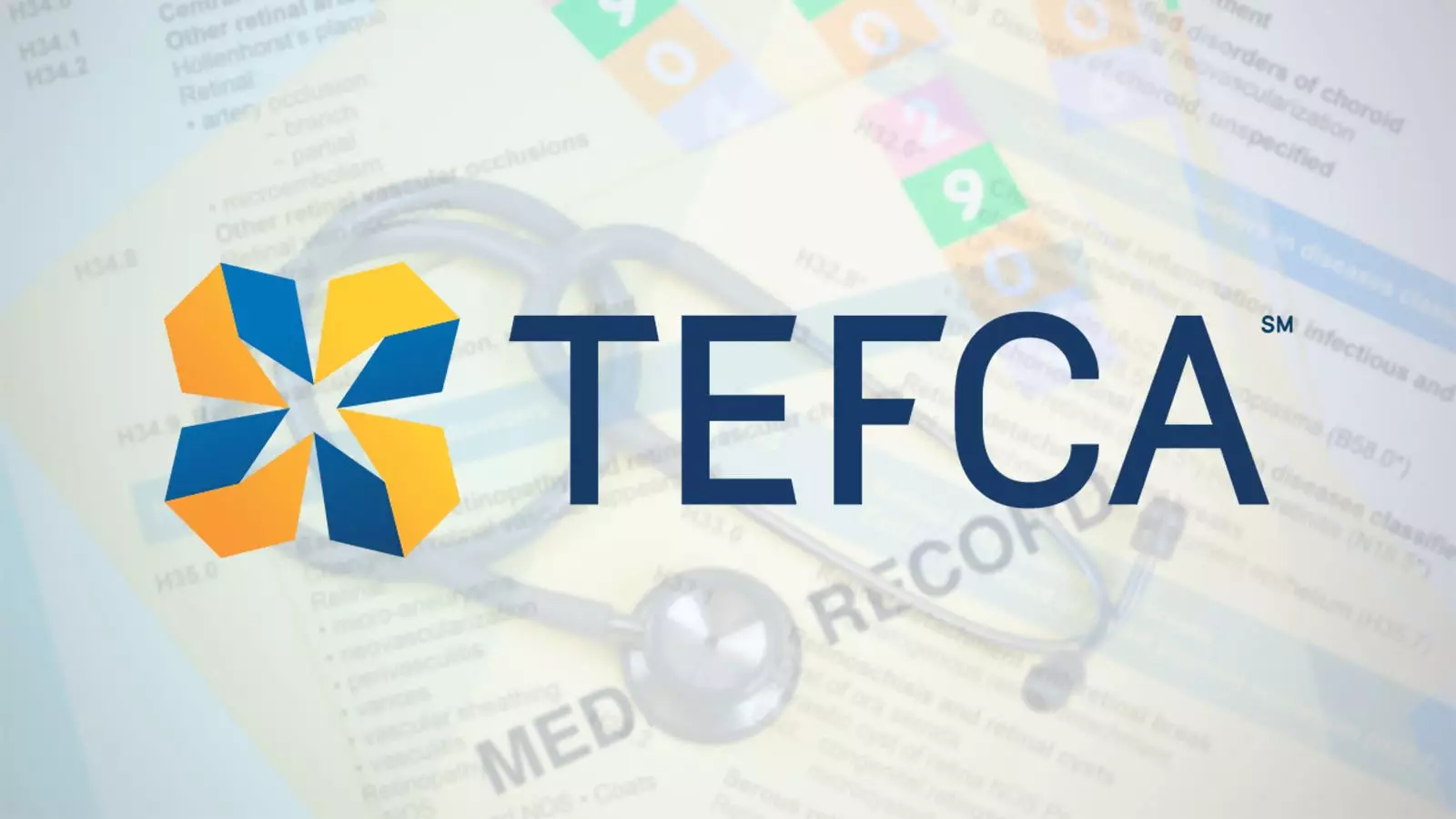The healthcare industry took a significant step forward in achieving nationwide interoperability with the formation of a network to exchange patient health information. This groundbreaking development has been compared to the Big Bang, symbolizing the immense impact it will have on the healthcare landscape. During a signing ceremony held at the HHS headquarters, five healthcare companies – eHealth Exchange, Epic Nexus, Health Gorilla, KONZA, and MedAllies – became the first qualified health information networks (QHINs) to meet the criteria for participation in the Trusted Exchange Framework and Common Agreement (TEFCA). This collaboration between the private and public sectors aims to facilitate the seamless exchange of health information among health plans, providers, public health agencies, and patients. With the adoption of TEFCA, the industry is poised for a revolution in healthcare information management.
Achieving a Unified Healthcare Information System
The establishment of the TEFCA network represents a major leap forward in the pursuit of a unified healthcare information system. HHS Secretary Xavier Becerra expressed his admiration for the companies involved in this initiative, describing them as “big universes” that are illuminating the path towards interoperability. This private-public partnership brings together experienced and established players with newcomers who have the know-how to ensure the success of this ambitious project. The TEFCA offers a platform that was once considered impossible, showcasing the power of collaboration in advancing healthcare technology.
The Role of Qualified Health Information Networks
QHINs, such as eHealth Exchange, Epic Nexus, Health Gorilla, KONZA, and MedAllies, play a pivotal role in the achievement of nationwide interoperability. They are at the forefront of shaping the healthcare landscape by meeting the qualifying criteria set by TEFCA. These companies have demonstrated their commitment to exchanging health information seamlessly and securely. Their participation is a testament to their expertise in navigating the complex realm of healthcare information management. Through their collaboration, a comprehensive and accurate medical record can be established, enabling healthcare providers to deliver the highest quality care to patients.
The implementation of TEFCA is expected to address the existing gaps in interoperability within the healthcare industry. While significant progress has been made, there is still work to be done to achieve universal interoperability. Rob Klootwyk, Director of Interoperability for Epic Nexus, emphasized the need for continued efforts to engage every physician in the country. TEFCA serves as the on-ramp to nationwide interoperability, with hundreds of hospitals and clinics planning to become early adopters. The key to TEFCA’s success lies in the widespread adoption of the framework, with a critical mass of providers embracing this transformative shift in healthcare technology.
Micky Tripathi, PhD, MPP, the head of the Office of the National Coordinator for Health Information Technology (ONC), urged healthcare providers to join the TEFCA network. Tripathi highlighted the benefits of participation, including enhanced connectivity among health information exchanges (HIEs), increased vendor involvement, and greater awareness among physicians and smaller hospitals of the opportunities offered by TEFCA. The goal is to provide clarity to those who have been hesitant to engage with interoperability efforts, making it an imperative for all healthcare stakeholders to take part in this revolutionary transformation.
Addressing Patient Identification
One aspect that the common agreement of TEFCA does not include is a unique patient identifier for each individual. While this would undoubtedly be advantageous, Tripathi emphasized that it is not a requirement, as the industry has adapted to operate without it due to longstanding Congressional restrictions. Patient identification remains an important consideration in advancing interoperability, and although it is not currently mandated by TEFCA, further exploration of possible solutions in this area would undoubtedly enhance the effectiveness of the network.
The advent of the TEFCA network signifies a new era in healthcare interoperability, characterized by the transformational exchange of patient health information. The collaboration between eHealth Exchange, Epic Nexus, Health Gorilla, KONZA, and MedAllies as the pioneering QHINs paves the way for widespread adoption and participation in this revolutionary initiative. With TEFCA, the healthcare industry has an opportunity to achieve the long-awaited goal of a unified healthcare information system, enabling healthcare providers to deliver superior care and enhance patient outcomes. The Big Bang of interoperability has arrived, and the future of healthcare looks brighter than ever.

Leave a Reply